Big Brother returns to UK screens – but controversy follows quickly

The return of a reality giant
After a five-year absence, Big Brother UK returned to television in late September with high expectations. Once the undisputed king of reality TV, the show promised a refreshed format, a new home on ITV, and the same social experiment intrigue that first made it a household name.
Producers framed the relaunch as a modernised version of the classic. Updated technology, slicker production values, and a diverse group of housemates aimed to draw a new audience while appealing to nostalgic fans. Viewers eager to revisit the programme’s voyeuristic blend of drama and humanity tuned in with enthusiasm.
The relaunch underscored ITV’s determination to revive iconic programming and inject life into its prime-time schedule. Yet only weeks after the comeback, Big Brother found itself facing controversy.
The watermelon T-shirt incident
Housemate Ali Bromley, a forensic psychologist, became the centre of the storm. She was seen wearing a T-shirt featuring a watermelon design in the outline of Israel/Palestine. The watermelon has long been used as a symbol of Palestinian identity, and the shirt was traced to a charity raising funds for humanitarian aid in Gaza.
The design quickly drew complaints. The Campaign Against Antisemitism argued that the shirt carried political meaning inappropriate for broadcast. ITV removed the original episode from its streaming service, later re-uploading a version with the graphic edited out.
Producers apologised, admitting the implications of the design had not been fully recognised during pre-broadcast checks. They stressed that items of clothing are normally screened to avoid political statements inside the house.
Why it matters
The decision to edit out the shirt has sparked debate about political expression in entertainment. Some argue that housemates should be free to express cultural or political views, while others say the show must remain neutral given its broad audience.
This is not the first time British entertainment programmes have faced backlash over Palestine-related imagery or slogans. Earlier this year, criticism was directed at the BBC after it aired footage of Glastonbury festival-goers chanting “Death to the IDF.” Opera productions have also been interrupted by pro-Palestinian protests, showing how cultural spaces are increasingly drawn into political conflict.
The Big Brother case underlines how reality TV, designed as escapist entertainment, can quickly become a platform for global disputes.
Big Brother’s long history of controversies
This latest row fits a long-running pattern for Big Brother. The show has rarely managed to avoid controversy during its decades on air.
In 2007, the programme faced one of its worst crises during Celebrity Big Brother, when Bollywood actress Shilpa Shetty was subjected to racist remarks by fellow housemates Jade Goody, Danielle Lloyd, and Jo O’Meara. The scandal provoked more than 40,000 complaints and drew international condemnation, forcing Channel 4 to issue an apology.
Bullying allegations have also dogged the series. Several housemates over the years have accused producers of failing to intervene quickly enough in cases of verbal or emotional abuse. Critics argue that the format, designed to provoke conflict, sometimes crosses into exploitation.
Even in its early seasons, the show was known for testing the boundaries of taste. From drunken arguments to shocking revelations, controversy has always been part of its DNA. The Palestinian T-shirt incident, while different in nature, continues this tradition of sparking headlines beyond the confines of the house.
Balancing entertainment and responsibility
The controversy poses challenges for ITV. On the one hand, Big Brother thrives on authenticity, allowing housemates to live their lives on camera without filters. On the other, broadcasters must remain cautious about political messaging that could alienate audiences or spark regulatory intervention.
Ofcom rules prohibit political advertising and require broadcasters to maintain impartiality. While housemates are not politicians, their clothing and behaviour can become symbols with unintended consequences. The quick edit and apology reflect ITV’s determination to keep the focus on entertainment rather than political controversy.
Big Brother’s future
Despite the distraction, ratings for the relaunch were strong. Loyal fans tuned in, and social media buzz suggested renewed interest in the format. The test for ITV will be maintaining momentum while steering clear of further controversies.
Producers are now likely to review screening processes more tightly, ensuring that items brought into the house are free of political connotations. For housemates, this may mean greater restrictions on personal expression, a trade-off in exchange for preserving the show’s neutrality.
What remains unchanged is the public’s appetite for the experiment at the heart of Big Brother: strangers living under one roof, revealing the best and worst of human behaviour.
A return shadowed by debate
Big Brother UK’s return was meant to celebrate the revival of a cultural icon. Instead, it has been overshadowed by a row over political symbolism.
The Palestinian T-shirt episode shows how even light entertainment cannot escape the political divisions of the modern world. For ITV, the task is now clear: keep the focus on the house, the games, and the drama – not the politics that threaten to overwhelm it.
And if history is any guide, controversy may prove impossible to separate from Big Brother. For better or worse, it remains part of what keeps the show in the headlines.
The editorial unit

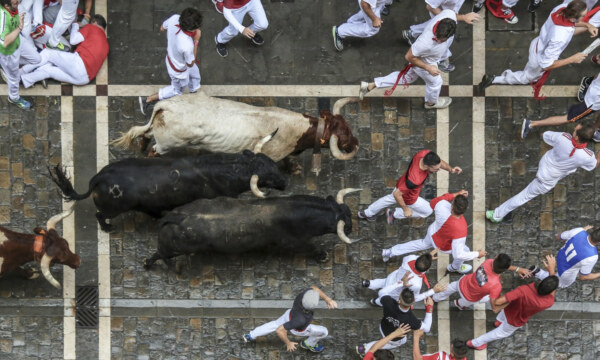



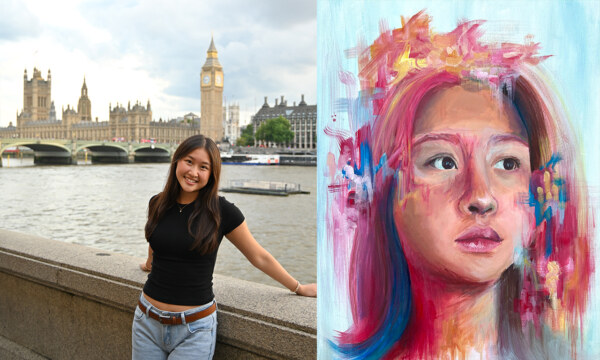
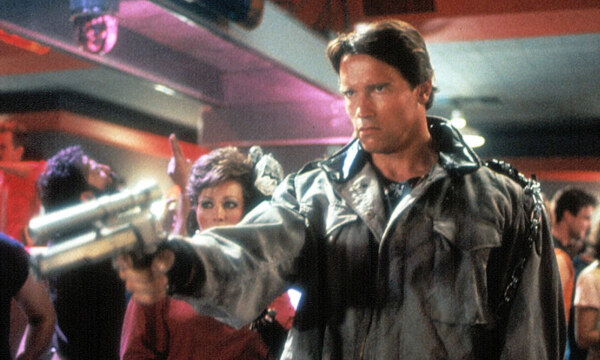


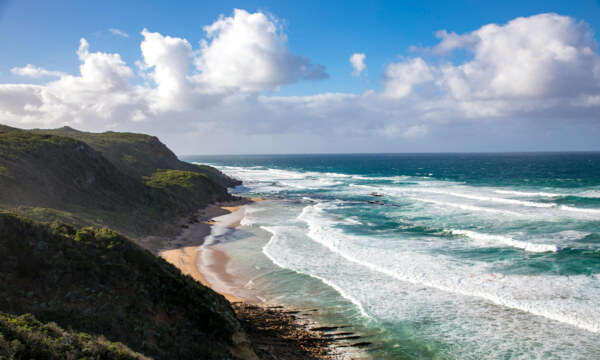
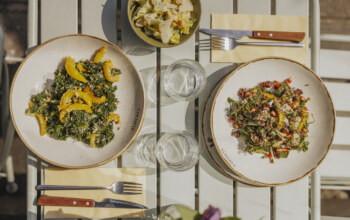
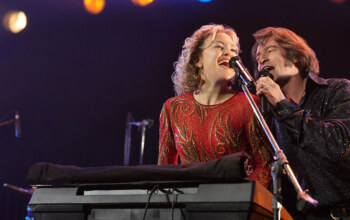







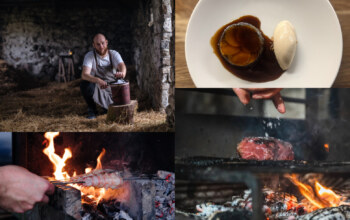





Facebook
Twitter
Instagram
YouTube
RSS